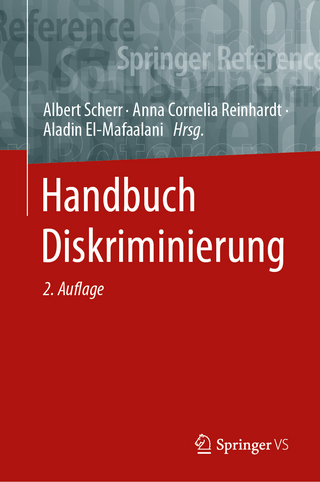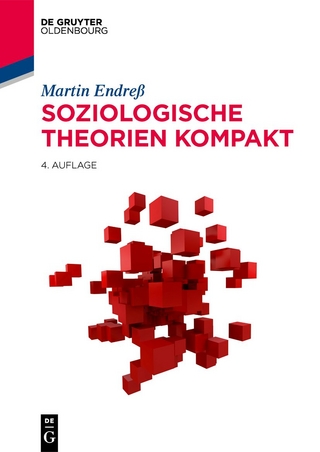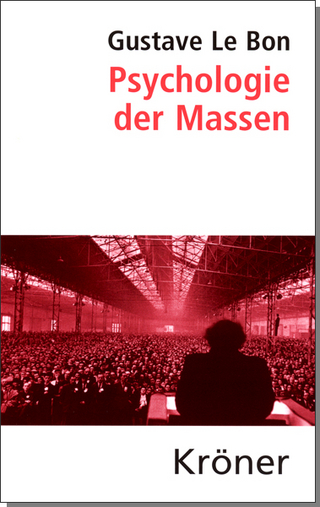
Female immigrants and employment. Factors currently impeding integration of displaced women into the German labour market
Diplomica Verlag
978-3-96146-717-4 (ISBN)
Text Sample:
Chapter 2.3 Historical review of migration in Germany:
As the presented theories show, research on migration has already been conducted for a long time. It is important to know that both voluntary and involuntary migration is not a new topic. It occurred any time in history and everywhere around the world. Even though German authorities have denied the fact for a long time, Germany2 has been an immigration country since many decades or even centuries. That means that more people immigrate than emigrate (cf. Grünheid, Sulak 2016, p. 8). The following text will focus on relatively current migration in Germany from the 1880s until now.
As a result of industrialisation and increased emigration of Germans towards America the demand for foreign workers had been growing from the 1880s on. Only during the Weimar Republic the number of foreign workers decreased while forced migration became of greater importance. More than 10 million Europeans left their home area as a consequence of territorial provisions determined by the Treaty of Versailles. The biggest migratory movement of the 20th century, however, occurred between 1933 and 1945 where especially flight, displacement and deportation. During the time of the Germany division, this term refers to Western Germany only in the following text into forced labour marked the movements. Germany functioned as the centre of and motor for this involuntary migration that occurred mainly within Europe. After 1945, the war left 22 to 24 million displaced persons, including forced labourers and former concentration camp prisoners looking for a new home or trying to repatriate (cf. Bade, Oltmer 2005, n. p.).
This part of German history is important to explain subsequent political decisions. As an answer to the (non-)acceptance of involuntary German emigrants by other countries during wartimes, the German government created article 16 of the constitution: "Politisch Verfolgte genießen Asylrecht". This article became the globally most open right for asylum. However, with an increasing use of this right, German authorities introduced restrictions. Firstly, these restrictions were solely applied in practice. Later the constitution itself was changed. This development will be explained after having presented the history of guest workers in Germany that provides relevant background information concerning this issue.
Germany started recruiting guest workers after World War II, to offset the missing labourers. Most guest workers were from Southern Europe, Turkey, Tunisia and Morocco and mainly executed hard physical work for low salaries. The plan was that they would come at an age at which they finished education and leave before retirement, so that they would pay into the social security system, but would not get anything from it. For the sending countries this was a way to reduce unemployment and boost the local economy with the salary the guest workers sent to their families at home. Therefore, the German social security system profited as well as the sending countries, generating a win-win situation. A rotation of the guest workers was planned, meaning the old ones would leave after a few years and be replaced by new ones. Hence, Germany put no efforts into integration. The guest workers came alone, were accommodated with other guest workers and had little contact with Germans. Yet, the plan did not succeed. In 1973, a recruitment ban was established. By then, 14 million guest workers had come to Germany and 11 million had left. The remaining 3 million stayed in the country and many of their families joined them (cf. Herbert 2001, 224-257).
Involuntary migration from Eastern Europe affected Germany at the same time. During Cold War displaced people were welcomed with pleasure since they were a proof that living in the Western systems was better than in the Eastern ones. Yet, with the recruitment stop of guest workers in 1973, the number of asylum seekers increased rapidly. After t
| Erscheinungsdatum | 06.06.2019 |
|---|---|
| Sprache | englisch |
| Maße | 155 x 220 mm |
| Gewicht | 199 g |
| Themenwelt | Sozialwissenschaften ► Soziologie ► Allgemeine Soziologie |
| Sozialwissenschaften ► Soziologie ► Gender Studies | |
| Schlagworte | Discrimination • Displaced People • Gender equality • German labour market • Germany • Immigration • legal framework • Migration |
| ISBN-10 | 3-96146-717-X / 396146717X |
| ISBN-13 | 978-3-96146-717-4 / 9783961467174 |
| Zustand | Neuware |
| Haben Sie eine Frage zum Produkt? |
aus dem Bereich


